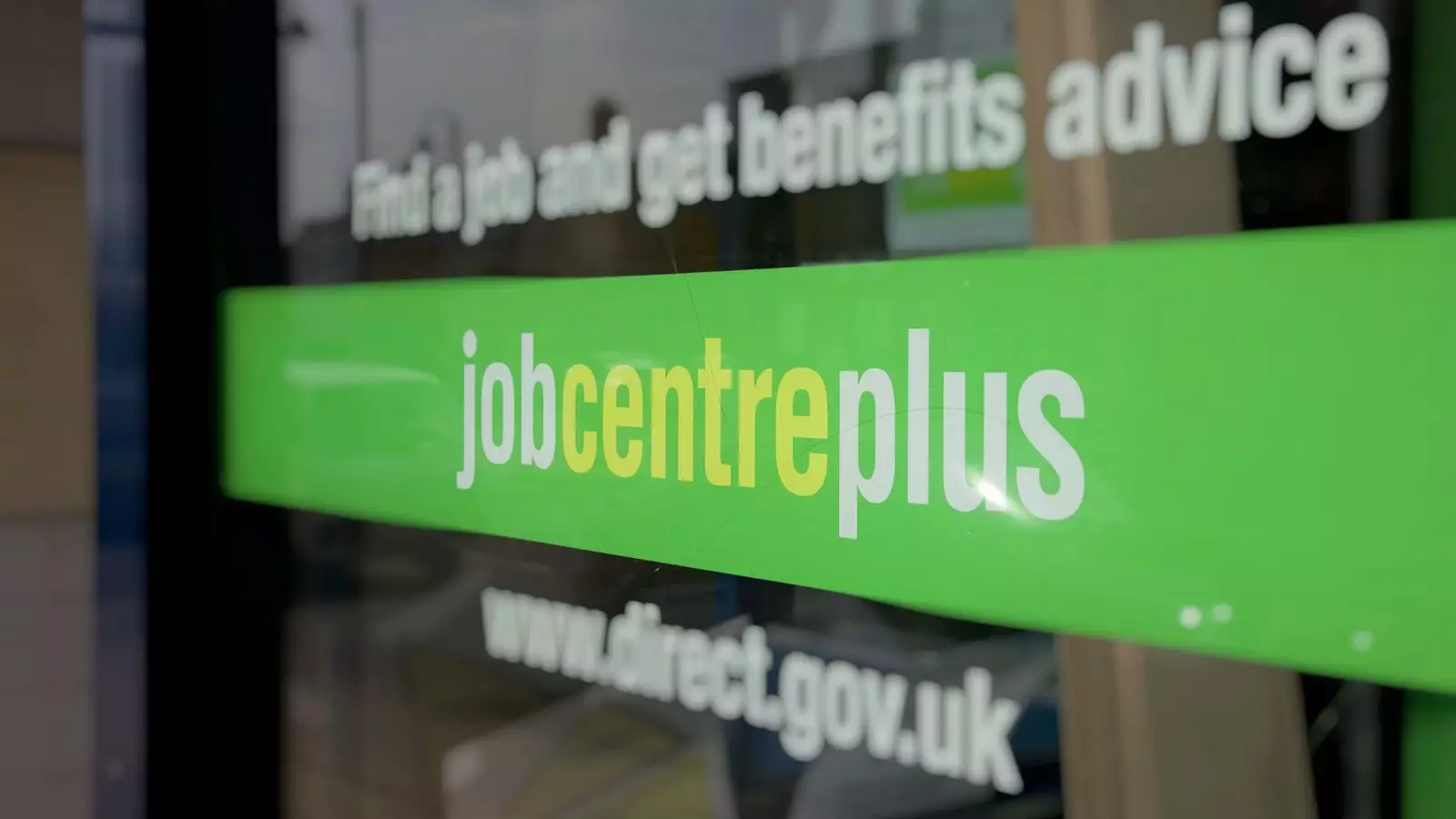As the UK grapples with an alarming uptick in its unemployment rate, the landscape of its economy becomes more concerning than ever. Official data reveals that the jobless rate reached 4.6% as of April, marking a stark increase from the previous figure of 4.5%. This uptick has caused a ripple effect, resulting in over 1.6 million individuals now finding themselves stranded in a challenging job market. The statistics, drawn from the Office for National Statistics (ONS), signal the highest unemployment rate observed since July 2021, and the implications of this trend cannot be understated.
The upward shift coincides with a range of tax increases levied on businesses, stirring alarm among economists and financial watchdogs. What was once seen as a necessary maneuver to address the staggering £22 billion deficit inherited from the previous government may now be recognized as a perilous gamble. The intricacies of this financial strategy reveal underlying vulnerabilities in the UK’s labor framework. The question looms larger: Can we sustain an economy when the very fabric of employment is unravelling?
The Bleak Employment Prospects
The data laid bare by the ONS is particularly disheartening. A staggering 109,000 workers fell off payrolled employment in May, double the revised figure from April, marking this as the most significant monthly drop in five years. The numbers speak for themselves; the harsh reality is that the ongoing rises in employer national insurance contributions and the national living wage have thrusted costs onto businesses to an extent that many are now stalling their hiring processes.
In a market laden with uncertainties, businesses are showing signs of hesitation; the most recent feedback from vacancies surveys indicates that employers might be reluctant to recruit or even replace existing personnel. This trepidation not only jeopardizes job security but also casts a shadow over the overall growth potential of the economy. When companies fear the looming specter of higher operational costs, that fear translates into fewer opportunities for job seekers across the nation.
Wage Growth: A Double-Edged Sword
While the average weekly earnings have shown some resilience, softening from a revised 5.5% growth to 5.2%, it’s crucial to contextualize this data against the backdrop of inflation, currently sitting at a brisk 3.5%. The disparity, though seemingly favorable, raises a troubling paradox: while wages are nominally climbing, they are not keeping pace with the rising cost of living. For the everyday worker, this translates into stagnant purchasing power and diminished economic agency.
Chancellor Rachel Reeves has championed the narrative that taxation on businesses is a necessary evil. Yet, as these figures demonstrate, the sacrifices made in the name of fiscal responsibility may very well come at the cost of mounting unemployment and a languishing job market. The claim that increased taxation will somehow bolster future economic conditions feels increasingly tenuous amidst the rising wave of job losses.
The Burden of Economic Policy
Skewing towards a more liberal economic approach, it’s hard not to question the effectiveness of current government policy. Employment Minister Alison McGovern’s staunch defense of the government’s initiative—Get Britain Working—claims significant gains in employment numbers. Still, reality forces us to scrutinize these assertions. With 500,000 more people reportedly in employment since entering office, the optimistic narrative grows strained when juxtaposed against the stark decline in payroll figures revealed by the ONS.
We must ask ourselves: is this a genuine recovery, or merely an illusion woven from selectively optimistic data points? The persistence of rising inflation and stagnant wage growth poses a considerable risk to economic stability. The Bank of England remains vigilant, yet their efforts to manage perceptions of inflation without stifling growth risk falling on deaf ears amidst the surging uncertainty.
In a time demanding adaptive solutions, the current economic policies may need a radical reevaluation. With Britain standing on the precipice of potentially a more profound economic crisis, the path forward will undoubtedly demand innovative thinking and a more compassionate approach to labor rights and wage policies. As calls for systemic change grow louder, it’s crucial that we answer them with urgency and conviction to nurture a sustainable economic future.

Leave a Reply